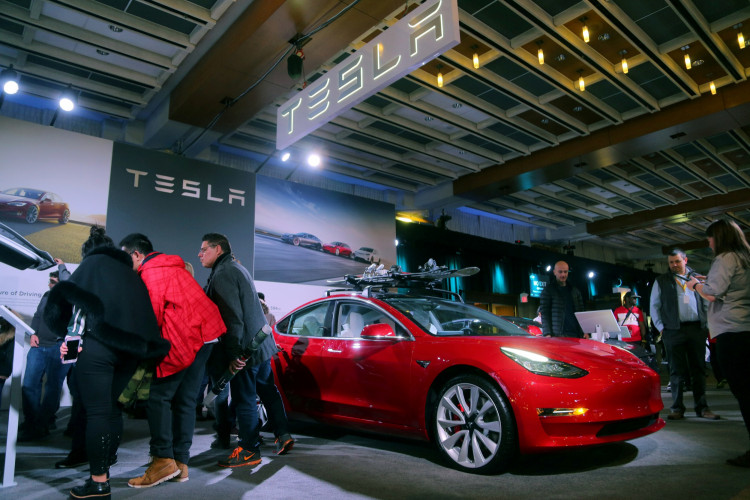After two incidents of high-profile fires in China, Tesla released a software update to its vehicles in May to increase the longevity of the battery and to increase safety. However, shortly after this update, several tesla owners began complaining about the reduced range of their vehicles. Some of these tesla owners, according to a new report from Reuters are trying to arrive at a class-action lawsuit against the company alleging that the batteries of their vehicles are defective.
Reuters reported that a Tesla owner filed a lawsuit against the electric vehicle maker on the ground that the company restricted the range of batteries of older vehicles through the software update to avoid recall to resolve what the plaintiff claim are defective batteries. The lawsuit was filed in Northern California federal court and claimed fraud and sought class-action status for the possibly thousands of Tesla Model S and Tesla Model X owners all over the world who have experienced that the range of their older batteries unexpectedly curtailed by as much as 64 km or 40 miles.
This subject has been an ongoing and hotly participated topic in various Tesla forums where many owners shared in detail how their batteries range has fallen. Some Tesla owners bought higher models since they provide greater range, they claimed that Tesla removed this with the software update which resulted to devaluing their tesla cars, limiting the distance their vehicles can travel and forcing them to recharge their vehicles more frequently.
Davis Rasmussen, the plaintiff, has a Tesla Model S 85 car that has lost its battery capacity to approximately 8 kWh. He was advised by Tesla that battery degradation was normal. According to the spokesperson from Tesla, the priority of the company was to provide the best possible customer experience with the highest customers' safety in mind.
According to the spokesperson, a very small number of Tesla owners with older tesla vehicle model S and Model X may have noticed a minute reduction in range while charging to a maximum state of charge after a software update was rolled out to improve the longevity of the vehicles' batteries. In the Vehicle Safety Report that is available on the company's website, it states that vehicle fires are exceptionally rare and between 2012 and 2018 there was only one Tesla vehicle fire for every 170 million miles traveled. The site also compared the data with the US Department of transportation along with the National Fire Protection Association showing a vehicle fire for every 19 million miles traveled in the US. These agencies measure fires in all vehicles and not only Tesla vehicles.






